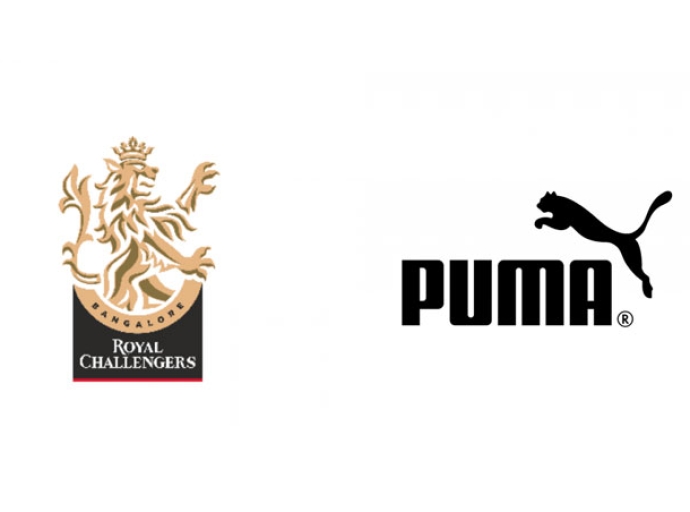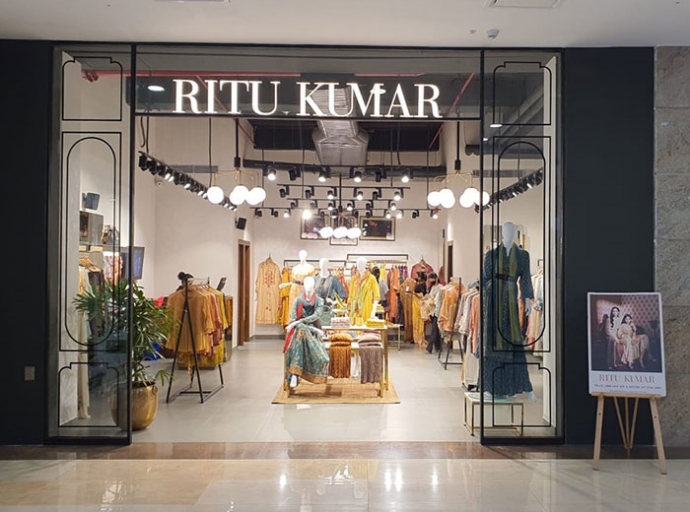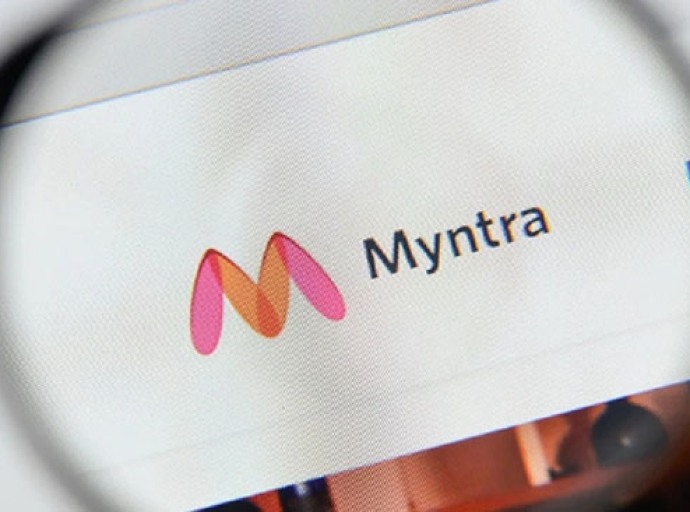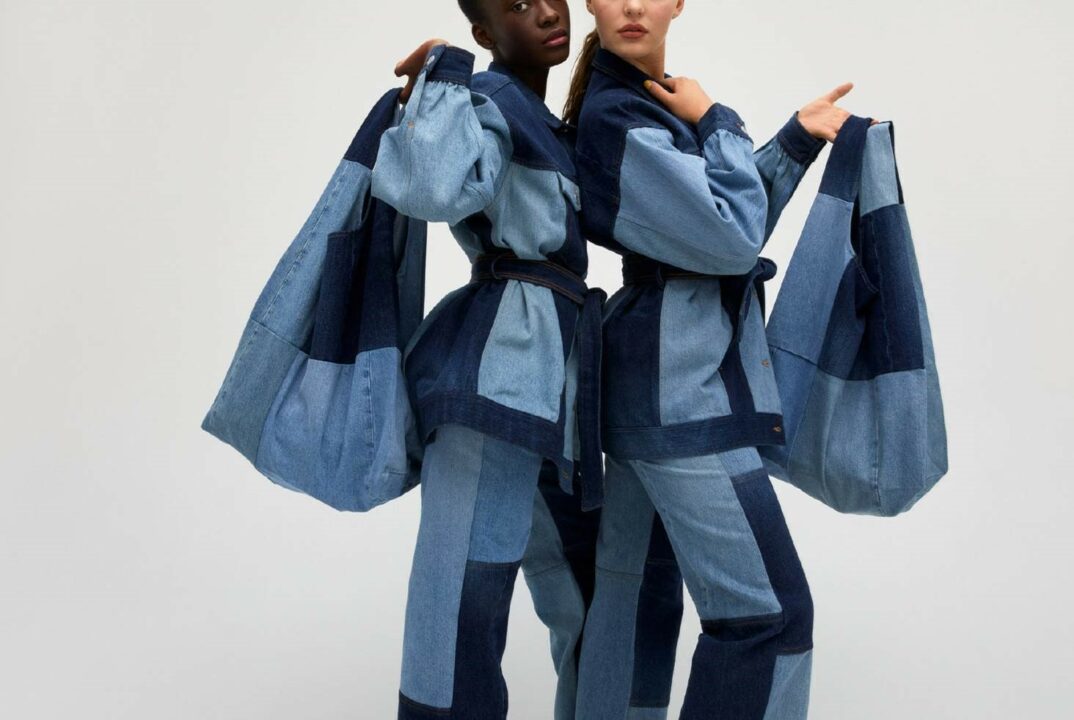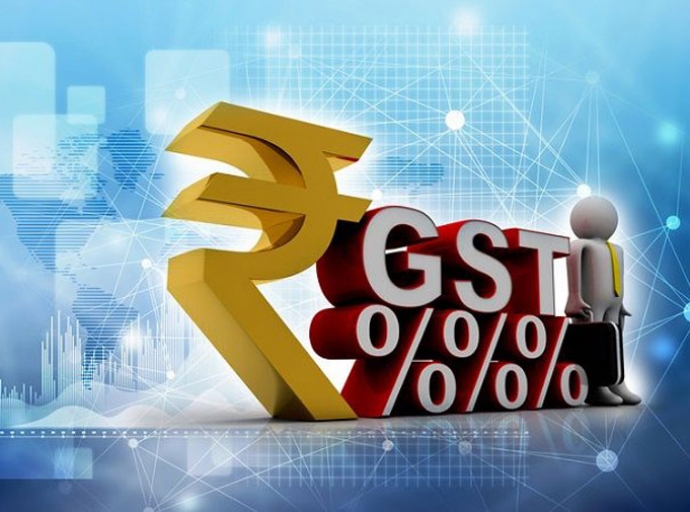25th September 2021, Mumbai:
Chief Minister MK Stalin unveiled the Tamil Nadu Export Promotion Strategy 2021 (EPS 2021) on Wednesday, with the goal of increasing the state's exports from $26 billion to $100 billion by 2030.
This corresponds to the state's goal of reaching a $1 trillion economy by 2030. In 2020-21, its GDP was $300 billion. According to EPS 2021, the state's export strengths and established export infrastructure serve as a "bedrock" for recruiting investors.
This, in turn, works as a trading stimulus. An export promotion plan that focuses on export diversification and dispersion - designating districts as export centers - is required. The export basket of the state is diverse, with the top 10 goods accounting for 70% of total exports. According to research, the state has an unrealized export potential of Rs. 1.6 lakh crore.
The State government's strategy to encouraging exporters will be through channels that promote dispersion of export centers in the State and diversification of the State's export basket.
Export marketing efforts will supplement it. Soft and hard interventions such as marketing help, yearly export prizes, policy support, and infrastructure development would be included. Textiles, automotive, leather, electronics & electrical equipment, general machinery, and food processing have also been recognized as export champion industries by the state, according to the EPS 2021 unveiled at the Tamil Nadu Exports Conclave.
The state's administration wants to achieve balanced regional growth by combining infrastructure upgrades in current export centers with the creation of new economic employment enclaves.
The government would supply shared infrastructure and utilities in these enclaves and guarantee they have "good" infrastructure connections in a coordinated effort with different ministries, including roads and ports, transportation, energy, housing, and urban development.
The State Industries Promotion Corporation of Tamil Nadu would establish two such enclaves in the first phase, at Manellore (6,000 acres) and Thoothukudi (5,000 acres), based on internationally recognized eco-industrial park frameworks.
They will be intended to improve the home manufacturing units' socioeconomic, economic, and environmental performance.
The enclaves will be defined by district boundaries that are 60 kilometers away from the main export gateway. They would have industrial parks covering at least 5,000 acres, with an annual export worth at least 10,000 crores and the capacity to employ 1 lakh people. By supporting infrastructure development, the state would boost export centers in locations like Chennai, Kanchipuram, Hosur, Tirupur, Karur, Madurai, Ambur, Thoothukudi, and Pollachi.
With a ceiling of ten crores per export hub, each hub will be eligible for reimbursement of 25% of the cost of establishing export-related common infrastructure projects or infrastructure projects servicing export-oriented industrial clusters such as industrial housing, skilling centers, and testing centers.
On or after January 1, 2021, export organizations that achieve the threshold level of value addition by creating new/additional export capacities will be eligible for value-added payroll assistance in the form of reimbursement of 5% of annual payroll costs for employees for a three-year period in proportion to the value addition (capped at 1.8 crores per annum).
Up to a cost of 2 crores, 50% of the cost of quality certifications such as ISO that are necessary particularly for exporting would be reimbursed. According to the EPS 2021, the state would establish an exports site to give a complete answer for exporters' problems and concerns.
In his speech, Stalin stated that while Made in India products are already available worldwide, it is now time for products under the Made in Tamil Nadu brand to be available as well.

TOP 5:
1. 'CMAI' urges government to review GST rates increase on fabrics and garments
2. Raymond launches new collection with designer 'Suket Dhir'
3. Amitabh Bachchan roped in as 'VKC Group’ new brand ambassador
4. 'Manyavar-Mohey' receives flak for advertisement featuring Alia Bhatt
5. GOVERNOR OF MAHARASHTRA HONOURS KAPIL PATHARE WITH BUSINESS EXCELLENCE AND VIP INNERWEAR AS BEST BRAND 2021-22
Return to homepage

